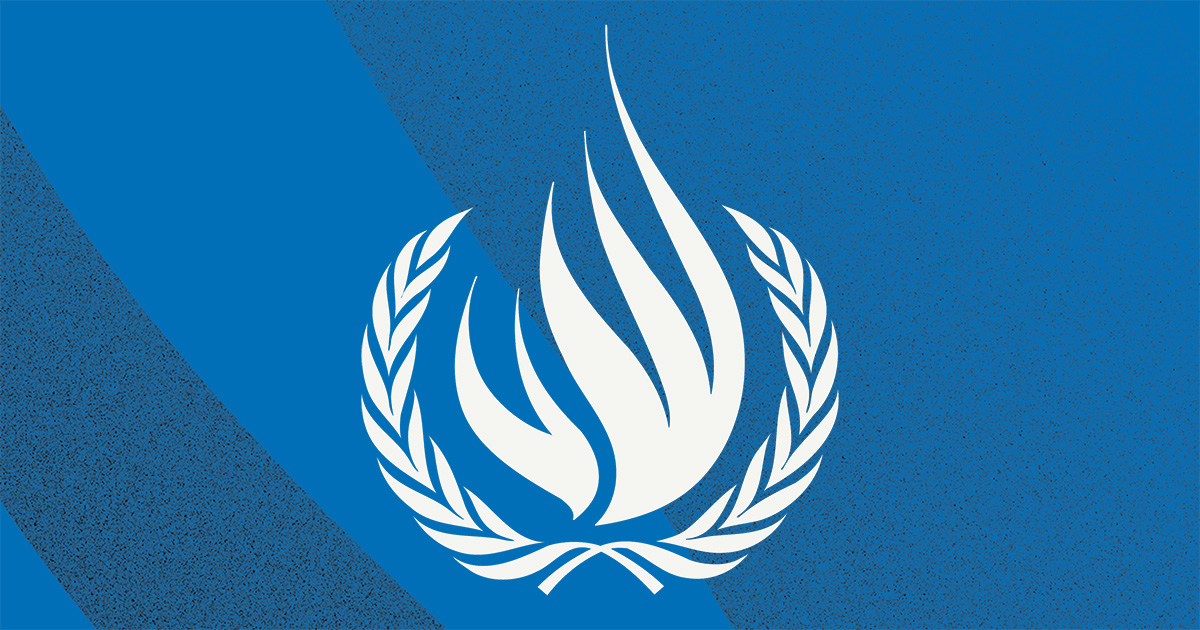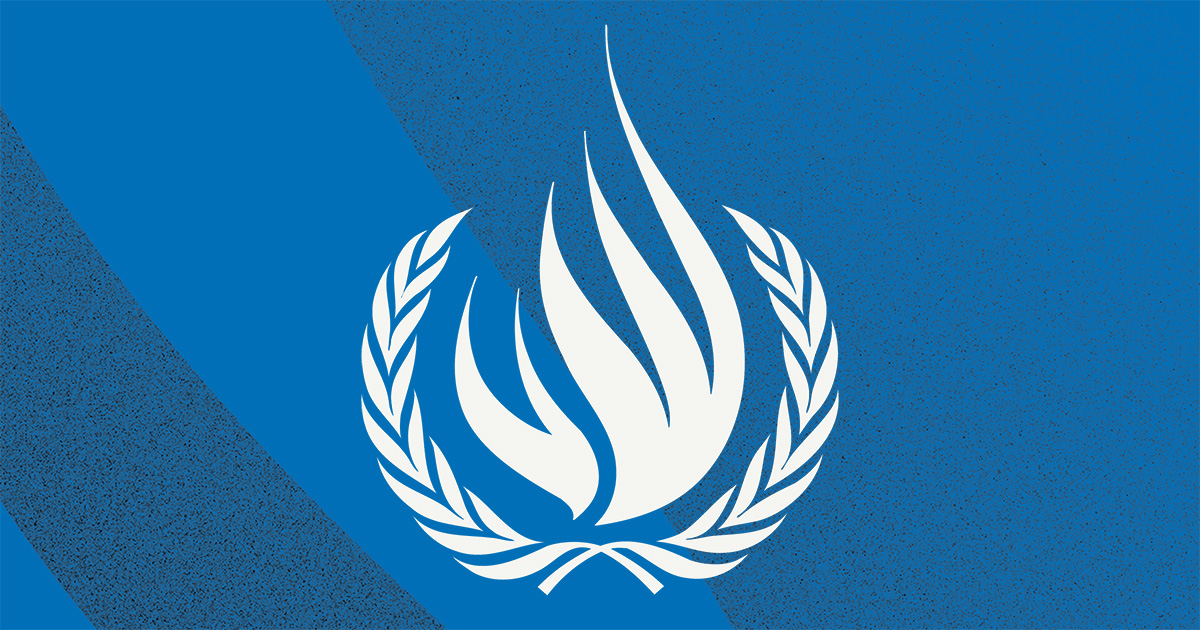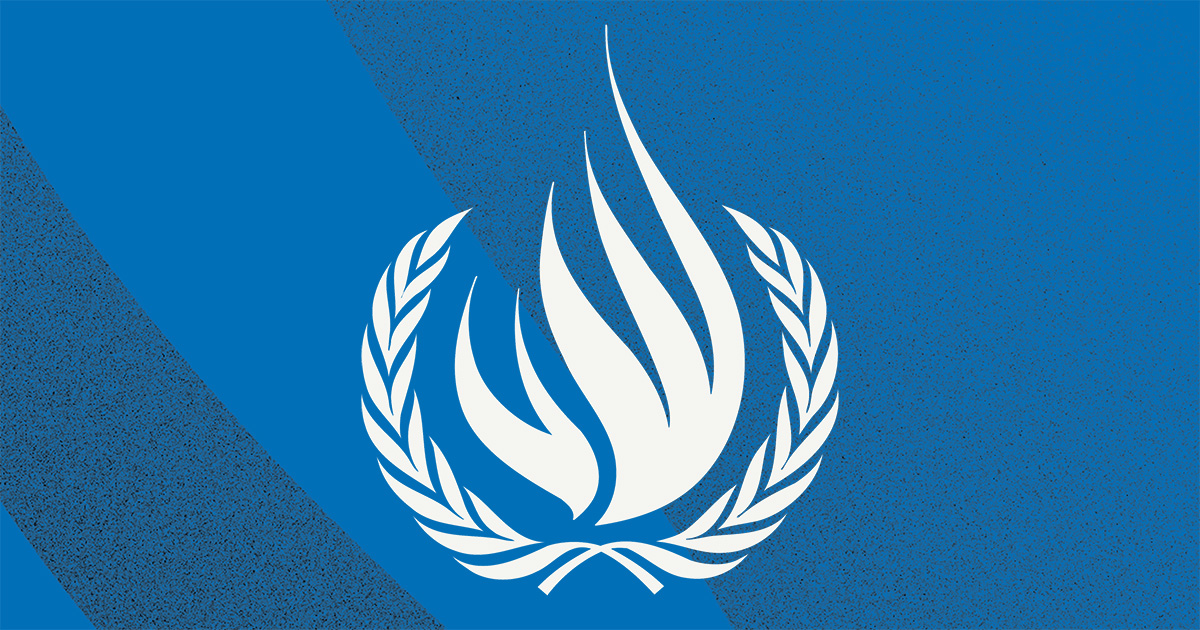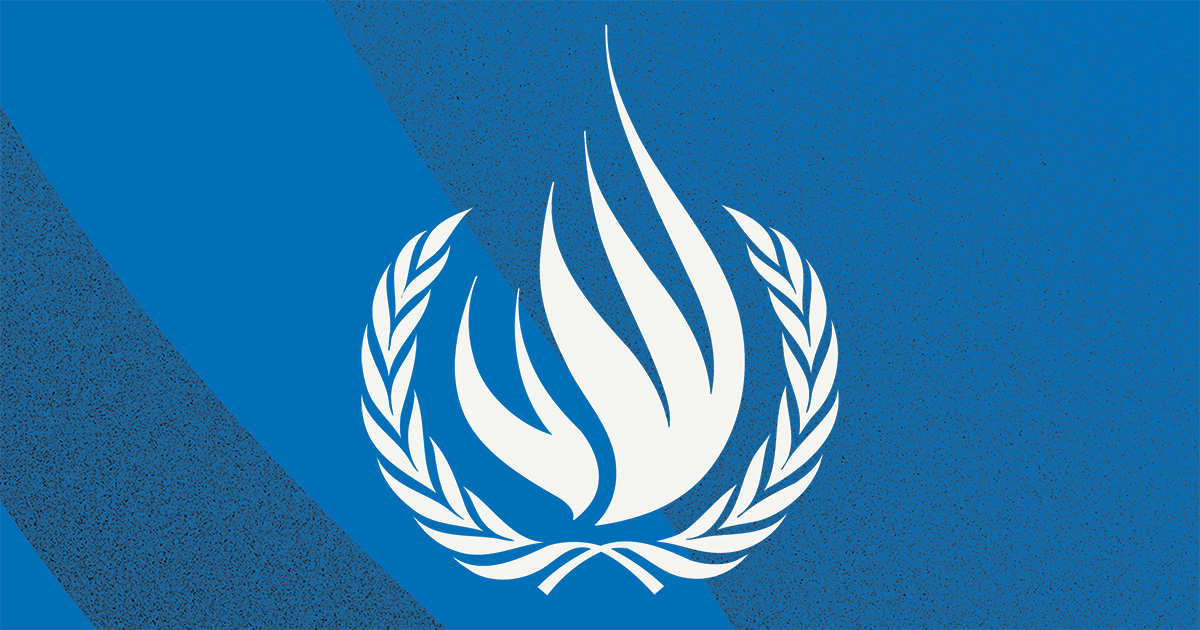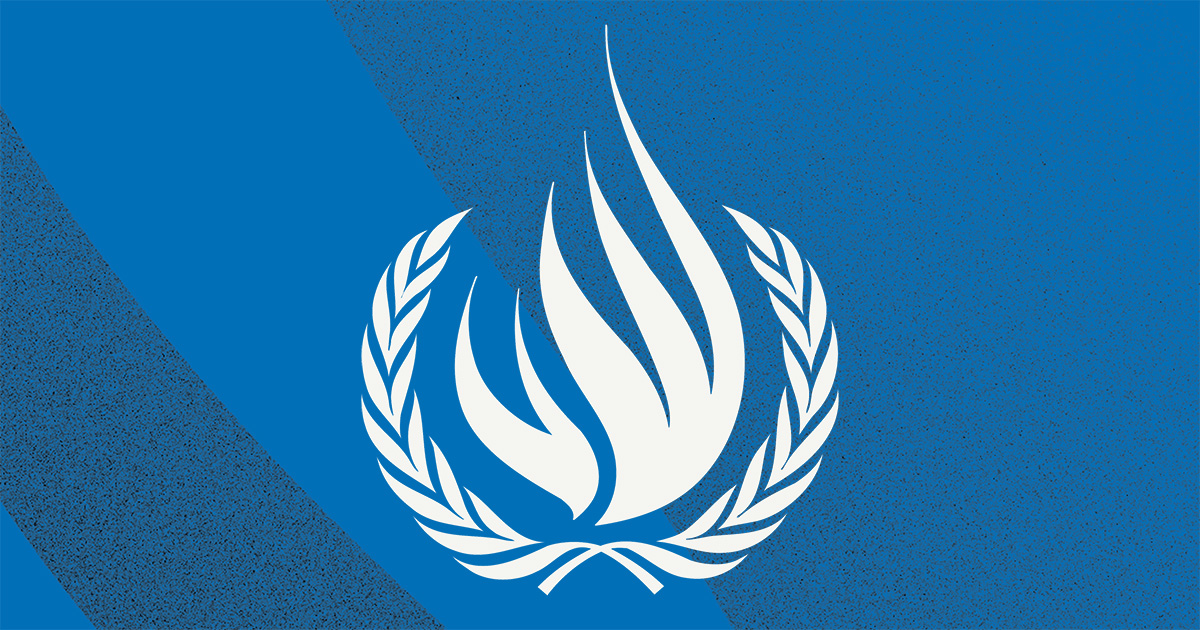
LOCATION
BOGOTA
Good morning,
Today I conclude my first visit to Colombia in compliance with the mandate I was tasked with by the UN Human Rights Council, to identify and verify the obstacles to the implementation of the 2016 Peace Agreement.
I wish to start with a special thanks to the Government of Colombia for its invitation; to the Ministry of Foreign Affairs for facilitating coordinating my meetings with several institutions, and to all the public entities, civil society organisations, academics, and other people I have met. I thank them for their time, commitment and collaboration with my mandate.
I also thank you journalists for the interest in my mandate and for your presence in this news conference.
Prior to explaining the different aspects related to this first 10-day visit to Colombia, I would like to start by explaining my mandate.
As many of you are aware, I was appointed on 26 July by the United Nations High Commissioner for Human Rights, Volker Türk, as international expert on human rights, as per Resolution A/HRC/RES/53/22 adopted by the UN Human Rights Council on 13 July 2023.
This resolution, entitled “Enhancement of technical cooperation and capacity-building in the field of human rights in Colombia to implement the recommendations of the Commission for the Clarification of Truth, Coexistence and Non-Repetition” requested, among others, “the High Commissioner to appoint without delay an international human rights expert tasked with identifying and verifying the obstacles to the implementation of the 2016 peace agreement, in particular those announced publicly by the Special Jurisdiction for Peace in March 2023 and mentioned in the quarterly report of the Secretary-General on the United Nations Verification Mission in Colombia presented to the Security Council on 13 April 2023, and identifying the consequences of these obstacles for the full enjoyment of human rights under international law, as well as the domestic right to peace as enshrined in the Political Constitution of Colombia, and making recommendations that would help to overcome them.”
In addition, the resolution requests “the international human rights expert designated by the High Commissioner to submit a report to the Human Rights Council, before the end of 2023, and to present it to the Council at its fifty-fifth session, to be followed by an interactive dialogue.”
I would like to emphasize that the report of the UN Secretary General (report S/2023/222), referred to in the resolution, recognizes that “The determination of Colombian society in the search for peace has been tested time and again throughout the country’s history, including in recent times. And yet, the progress made during this period is proof that the process set in motion by the Final Agreement remains a driving force for all actors involved in peacebuilding. From the commitment of the Government and former FARC-EP members to uphold their obligations, to the tireless work of thousands of anonymous Colombian men and women, I continue to find reasons for optimism, even amid immense challenges.”
In addition, paragraph 15 of this report mentions that: “The Special Jurisdiction for Peace filed a criminal complaint against former members of the Office of the Attorney General for alleged obstruction of justice, fraud against a court order and concealment of evidence in 2018, during the process of no-extradition guarantee of former FARC-EP leader Seuxis Paucias Hernández Solarte, also known as Jesús Santrich, who returned to arms.”
What I have read so far relates to fundamental aspects of my mandate and it is important to me that there be full clarity about the provisions of the above-mentioned report of the Secretary General and about the resolution of the UN Human Rights Council.
I will now refer to my visit.
In the last 10 days, I met with representatives of the Ministry of Foreign Affairs, the Ministry of Justice, the Ministry of the Interior, the Ministry of Defence, the Office of the High Commissioner for Peace, the National Protection Unit, and the Unit for the Implementation of the Peace Agreement of the Agency for Reincorporation and Normalisation.
I also held meetings and heard from senior representatives of Colombian State institutions, including: the Constitutional Court, the Special Jurisdiction for Peace, the Attorney General’s Office and the General Procurator’s Office. I also met with human rights defenders, representatives of civil society and other relevant actors, among others, former President Juan Manuel Santos. Finally, I met with representatives of the United Nations in Colombia, in particular with the Special Representative of the Secretary General and Head of the UN Verification Mission in Colombia and the UN Resident Coordinator, with the OAS Mission to Support the Peace Process in Colombia (MAPP/OAS), as well as with members of the diplomatic community, especially the guarantor countries of the Peace Agreement.
I had very constructive exchanges in all meetings I held in order to listen to the different actors on the various aspects related to the implementation of the Peace Agreement and, especially, in relation to the objectives of my mandate.
As you will understand, the contents of the meetings I held during this first visit are not public but will form the basis of my future report to the Human Rights Council.
I am convinced that all meetings and information received from all those with whom I had exchanges will be very useful to the fulfilment of my mandate under Resolution A/HRC/RES/53/22, and for the elaboration of my future report to be submitted in December, in accordance with the timeline established by the Human Rights Council.
I will continue this work in the months to come, in line with the commitment from the United Nations to the full implementation of the 2016 Peace Agreement in Colombia.
To conclude, I would like to thank the High Commissioner for Human Rights for his trust and for the technical support received from his Office, both in Geneva and in Colombia.
I will conduct a new visit to Colombia in November, at a date to be confirmed at a later stage.
Thank you.
Urrejola, a Chilean national, is a lawyer specialising in human rights and indigenous peoples’ rights. She served as Foreign Minister of Chile from March 2022 to March 2023 and was Commissioner of the Inter American Commission on Human Rights from 2018-2021 and its President in 2021. She is a human rights professor in the Alberto Hurtado University of Chile and a professor on public policy at the University of Chile.
For more information and media requests, please contact:
In Geneva:
Marta Hurtado: +41 22 917 9466 / marta.hurtadogomez@un.org
Liz Throssell: +41 22 917 9296/ elizabeth.throssell@un.org
In Bogotá:
Diana Losada: +57 601 6583300 Ext.1109 / +57 3212841580 / diana.losadacastano@un.org




